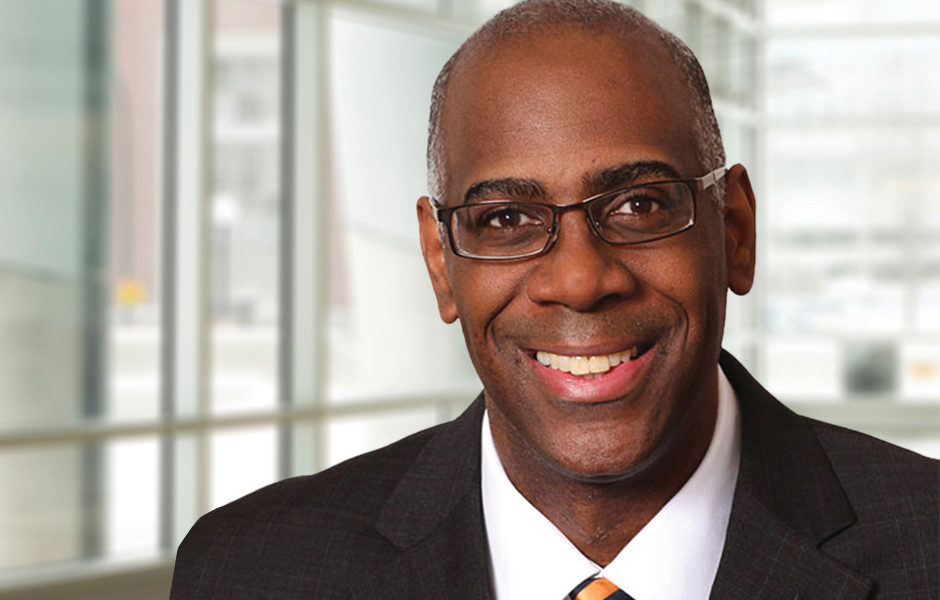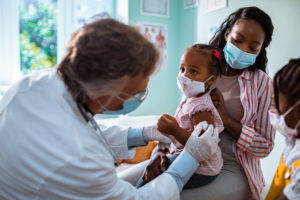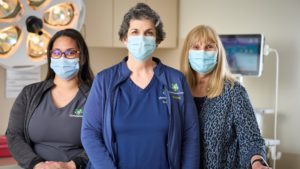“Of all the forms of inequality, injustice in health care is the most shocking and inhumane.”
Those poignant words, spoken in 1966 by Dr. Martin Luther King Jr., ring just as true today.
Death and severe illness from COVID-19 have struck Black and Latinx communities at higher rates than other ethnic groups, according to the Centers for Disease Control & Prevention. This disparity was at the forefront of ChristianaCare’s annual Martin Luther King Jr. commemoration event.
The time is now to “come together and lock arms to eradicate social injustice, especially in medicine,” said President and CEO Janice Nevin, M.D., MPH., at “Linking Inclusion, Diversity and Health Equity in the Time of COVID and Beyond.” The event was organized by ChristianaCare’s Office of Inclusion & Diversity and the Physicians Diversity Alliance, a new employee resource group at ChristianaCare to engage and support residents and fellows of color.
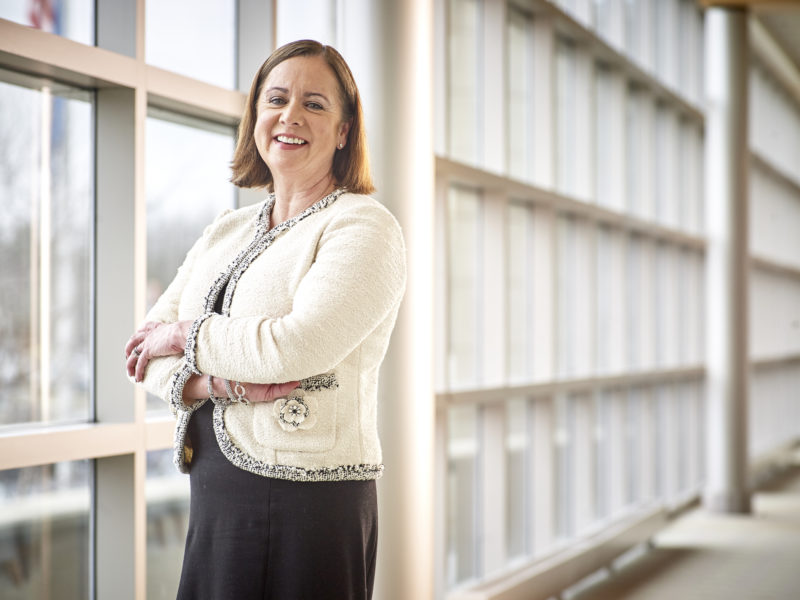
“Health equity, inclusion and diversity, social and economic justice and public health are all fundamentally interrelated,” Dr. Nevin said.
Speakers at the virtual event – which focused on advancing solutions to these critical issues – included Leon McDougle, M.D., MPH, president of the National Medical Association and chief diversity officer for the Ohio State University Wexler Center.
Certain racial and ethnic minority groups are less likely to have access to quality health care, health insurance, and linguistically and culturally sensitive health care. “We need to look at people as a whole and take care of their needs holistically,” Dr. McDougle said.
He noted that Dr. King understood the value of Black churches, press, fraternities, sororities and professional organizations to disseminate information and spark change. He encouraged health care systems to reach out to these groups, including the Black Coalition Against COVID, for resources, education and support.
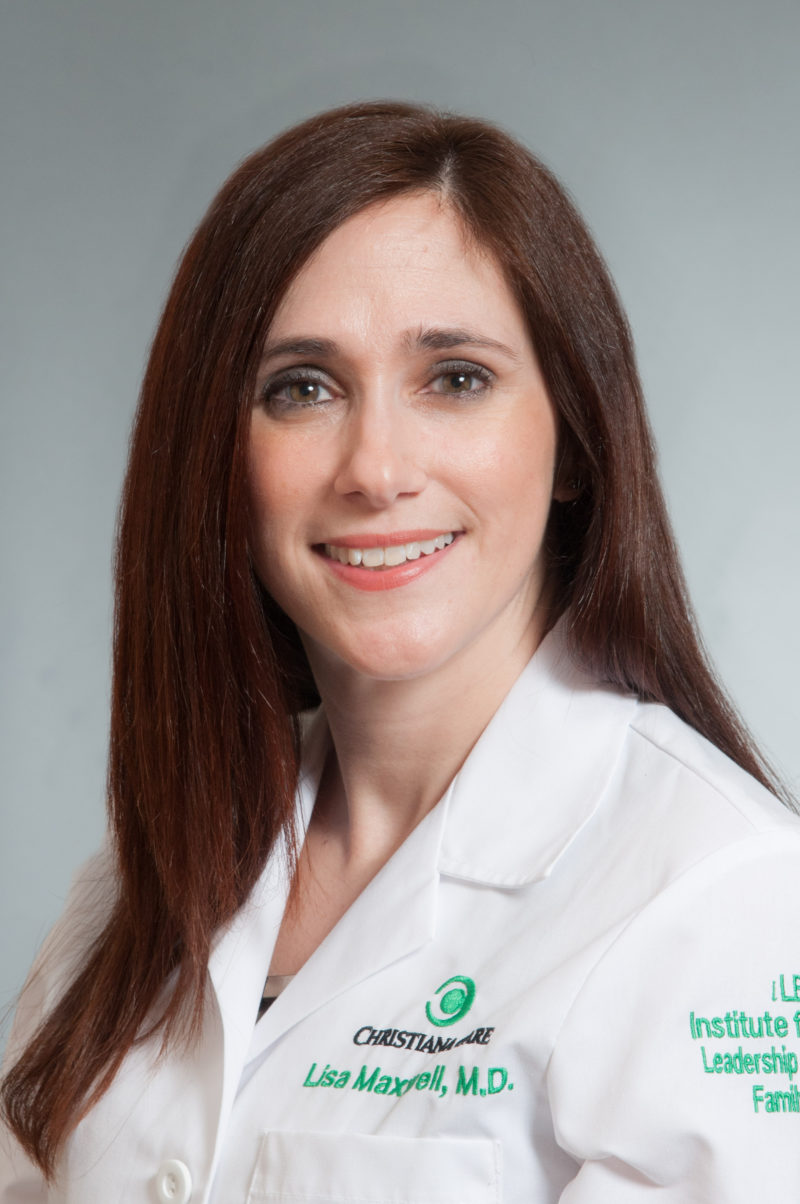
Lisa Maxwell, M.D., MHCDS, chief clinical transformation officer at ChristianaCare, moderated the panel. The panelists were: James Becker, M.D., of Family and Community Medicine at ChristianaCare; Roger Harrison, Ph.D., clinical psychologist with Nemours/Alfred I. duPont Hospital for Children; Marshala Lee, M.D., MPH, family medicine physician and director of the Harrington Value Institute Community Partnership Fund at ChristianaCare; and Mustafa Mufti, M.D., ChristianaCare’s psychiatry residency program director.
Among the speakers’ key points:
- Neighborhoods, housing and income levels can put some groups at greater risk, Dr. Becker said. When homeless people are taking turns sharing one mask to enter stores, he said, that raises risk exponentially.
- Through training, caregivers can acknowledge and overcome bias through training, Dr. Harrison said. Although intentions may be good, he said, “our brains are hardwired to hold certain views about certain groups and certain classes.”
- Having a multicultural staff that reflects the community at large can help build trust among racial and ethnic groups, Dr. Harrison said. It may also help with hesitancy around health care providers and important health precautions including vaccines.
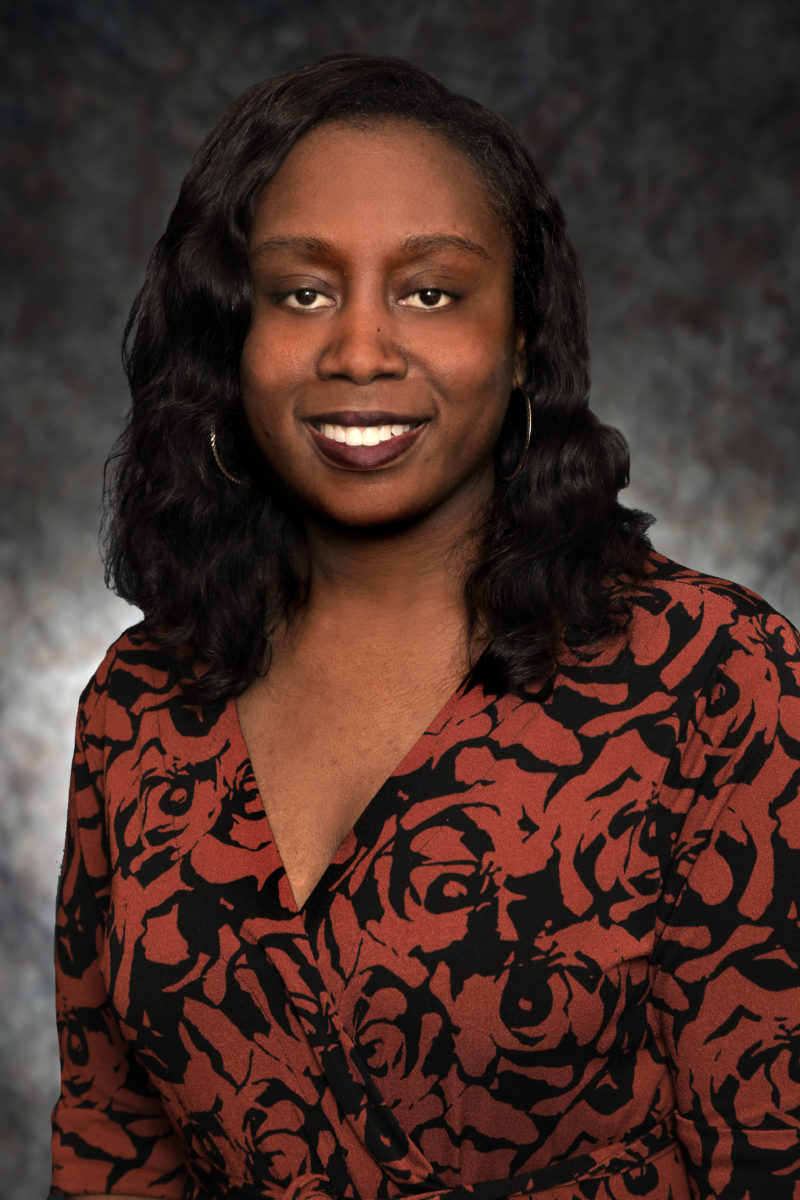
A significant part of achieving health equity is supporting health care providers of all races and ethnicities, said Pamela Ridgeway, MBA, MA, SPHR, chief diversity officer and vice president of Talent at ChristianaCare.
To support caregivers, ChristianaCare’s employee resource groups include Growing Our African American Leaders Systemwide (GOALS) and the Physician Diversity Alliance for people of color and their allies.
ChristianaCare has eight employee resource groups to provide inspiration and support for caregivers of all origins, ages, gender identities and abilities.
“When we support our caregivers, they can be their authentic selves,” Ridgeway said. “Then they can bring their best for one another and for the people we serve.”
In addition, ChristianaCare published its Anti-Racism Commitment in July as a guiding principle to healthier, more equitable future. And the organization’s values and behaviors call on all ChristianaCare caregivers to “serve together with love and excellence” and to “embrace diversity and show respect to everyone.”
Through ChristianaCare’s commitment, “we recognize that racism causes health disparities and harm,” Dr. Nevin said. “Equity makes us better and stronger as an organization. Diverse caregivers and inclusive leadership are necessary to ensure that we are reflective of and responsive to the communities we serve.”
Click here to watch the video recording of “Linking Inclusion, Diversity and Health Equity in the Time of COVID and Beyond.”
